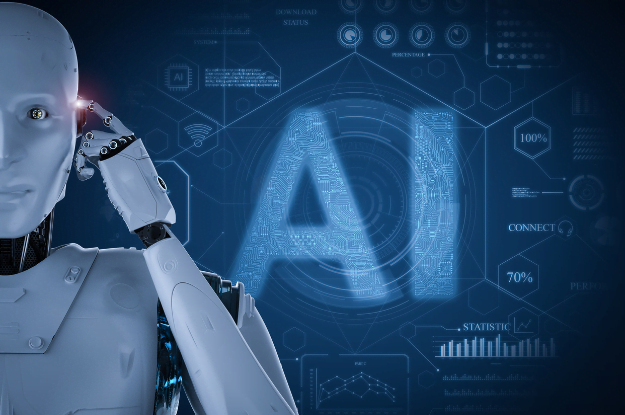Artificial Intelligence (AI) uses are infinite in any industry and continue to advance with innovation. The shipping sector is no exception since it plays a significant role in the global economy. Shipping companies assist in transporting finished goods and or raw materials to different parts of the world.
It’s a complicated environment with many challenges where minor improvements can influence significant benefits. But why is the shipping industry lagging behind AI? Artificial Intelligence is the way forward for the shipping industry to remain competitive. The technology will help the shipping industry to automate tasks, make informed decisions and optimize operations. However, some shipping companies like ArdentX have taken the practical step of incorporating AI to serve clients.
Obstacles to AI Adoption
Leveraging AI in a shipping company helps collect data forwarders can use to make better decisions. Companies can use the data gathered from commercial vessels to predict better working methods, monitor performance and forecast improved productivity. Other benefits include automating processes, making real-time analytics changes, and boosting schedules. However, the shipping industry is still lagging in adopting AI because of the reasons below. Learn about Access Control System.

Poor Data Quality
The shipping industry needs high-quality data to make meaningful decisions. Competitive data-sharing challenges are challenging, but the industry can move past them for all stakeholders to benefit. Companies must move past the idea of competitive challenges around data sharing to help all involved.
Although a lack of quality data can slow adoption, companies can adopt AI in phases and customize the technology to suit their needs. The primary aim of getting quality data is to make data-driven decisions that will grow businesses toward customer satisfaction and profit making.
Lack of Proper AI Information
Suppose the data gathered through AI isn’t reliable; making it better needs reliable information on how to make it work for the industry. Inaccurate data can mess up the entire supply chain, meaning no development will occur. Data-driven decisions must be made from an accurate source with consistency.
Fear of Job Loss
There are concerns by many that technology will take over most jobs. Automating tasks means the human laborers will be laid off, and computers will take over. With AI taking over the industry, workers must learn new technology and keep pace with the innovations that come with it. Read about NEMT Software Platforms here
Digitizing and Transforming Business is a Process
Transforming a company from manual operations to digital ones isn’t easy. A company should be ready for problems like limitations, slowed productivity, constraints, resistance, and development costs. To overcome these challenges, AI should gradually roll out and enhance the process. As a result, working will be more innovative, efficient, and straightforward.
Absence of the Right Strategy
Rolling out a digital transformation plan will take much effort and time. However, a manageable process that considers benefits and setbacks can help it work. A company needs a clear strategy with subsequent actions that create an advantage to stay ahead of the competition.
Advantages of AI
As AI makes its way into the shipping industry, maritime companies are slowly incorporating technology into their daily operations. Although they aren’t moving at the same pace as other industries, vessels with AI integration are available, and others can follow suit. Here are the advantages of AI to the shipping industry.
Advanced Analytics
Integrating AI technologies makes work easier, saves time, and improves productivity. Depending on the incorporation rate, multiple data sources allow a business to make valuable decisions on all platforms. The outcome is better business decisions made on proven data analytics.
Automation of Equipment
The advancement of AI technologies in modern shipping equipment automates most roles. As people learn, the new machines help them collect past data, identify potential challenges, and correct them quickly. This type of machine learning can be helpful by collecting past data, which helps to identify potential challenges.
Better Safety and Security
Artificial intelligence devices can help predict behaviors. For this reason, AI helps predict bad weather to keep operators safe from accidents and plan in advance. The devices work smartly to identify online threats like malware and viruses.
Optimized Production
Once AI is adequately incorporated into a company, doing business is easy because operations are optimized. Machine-operated tasks will improve production by making operations move faster and more accurately. Deliveries will get to customers on time, and all stakeholders will be happy. Anytime there’s a hiccup in the system, identifying and correcting it happens promptly.
The Drawbacks of AI
The presence of AI in the shipping industry will bring significant changes that make the world a better palace. Just like it’s helpful to manufacturers, the same benefits and more will help the transport sector. However, it comes with some drawbacks.
- Unreliable data
- Job loss
- Digital transformation costs
- Lack of skilled workforce


